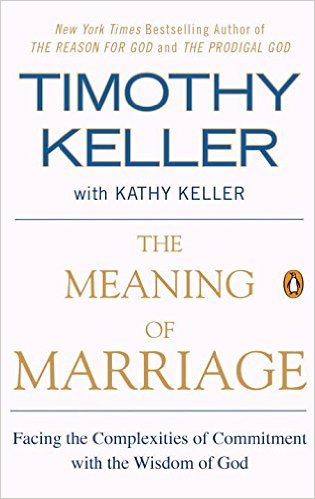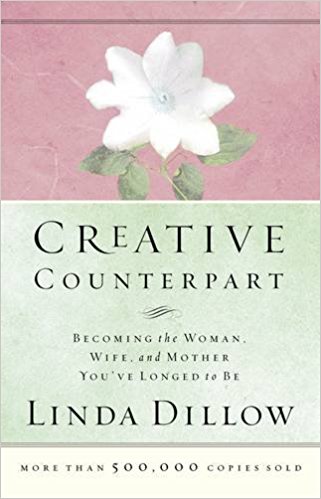This morning I briefly joined my husband in front of our church as he gave a message entitled Gospel-Centered Marriages and Families (you can hear it here). As he has in the past, when he has preached on Biblical gender roles, he asked me to speak specifically to women, as a woman who has journeyed from feminism outside the church to where I am today: a gospel-centered complementarian.
When I say “gospel-centered complementarian,” my primary emphasis is on gospel-centeredness. Because of the gospel, I am a complementarian. Here are the main points of what that means:
1. Creation: Complementarianism is rooted in the belief that men and women were uniquely and divinely designed by God. Our differences are valuable, beautiful, intended. They are not a manifestation that one gender is superior to the other. Eve was created to be Adam's e'zer--his helper (Genesis 2:18), a Hebrew word also used to describe God Himself (Psalm 33:20, Psalm 70:5, Psalm 115:9). As helpers women are not subordinate. Rather we are strong and crucial, contributing something so valuable that when Eve was brought forth by God, she remedied what He had said was "not good" (Genesis 2:18) in Adam being alone.
2. The Trinity: We see a model of Complementarianism in the Trinity. God the Father, Son, and Holy Spirit are each different. They are three distinct persons in one God. While they are equal in honor and power, each person of the Godhead has a different role, bringing glory to God.
3. Timeless: Rather than contorting difficult passages according to the gusts of cultural winds, complementarians seek out the timeless principles found within them. We do not shy away from potentially difficult biblical texts, such as Ephesians 5, but rather acknowledge these passages and put them into practice in light of the entirety of the Word of God. When we read Ephesians 5:22-24 we ask, “In light of what I see in creation, in the Trinity, and in the whole of Scripture, what does it mean for me to complement (be the helper of) and submit to my husband as Jesus submitted to the Father?”
4. As to the Lord: Wives are called to submit to our own husband’s authority “as to the Lord” (Ephesians 5:22). In other words, we are called to submit to them as if we are submitting to the Lord. I submit to my husband not because he deserves it—I do so because God deserves it. He is perfect, sinless, all loving and merciful. His authority—revealed in His life, death, and resurrection—are worthy of my submission.
5. Jesus is Our Example: Jesus models what it looks like for an equal partner to submit to the other. I love Philippians 2 and come back to it again and again in my marriage and other roles that call for me to lay myself aside (Which is, really, the whole of the Christian life!). Philippians 2:6-8 tell us that God the Son freely and joyfully submitted Himself to the Father’s good plan. If Jesus was willing to condescend Himself to serve me, then who am I to object when He asks me to serve another? Keeping the cross and the gospel at the forefront of my mind in marriage is essential for my right thinking.
6. Not Traditionalism: The Bible speaks very little as to how exactly our gender roles will manifest themselves in our day to day practicalities as husbands and wives. We will not find an outline for who should handle finances, dinner dishes, or work outside the home. We are allowed much diversity of thought and practice in each of our homes, churches, and cultures.
It bears saying again: Keeping the cross and the gospel at the forefront of my mind in marriage is essential for my right thinking. Here are some resources I have found to be very helpful in my journey to gospel-centered complementarianism:
The Gospel Coalition has a great collection of videos and articles on complementarianism. Start with this brief video and check out all of the links below it, as well.



